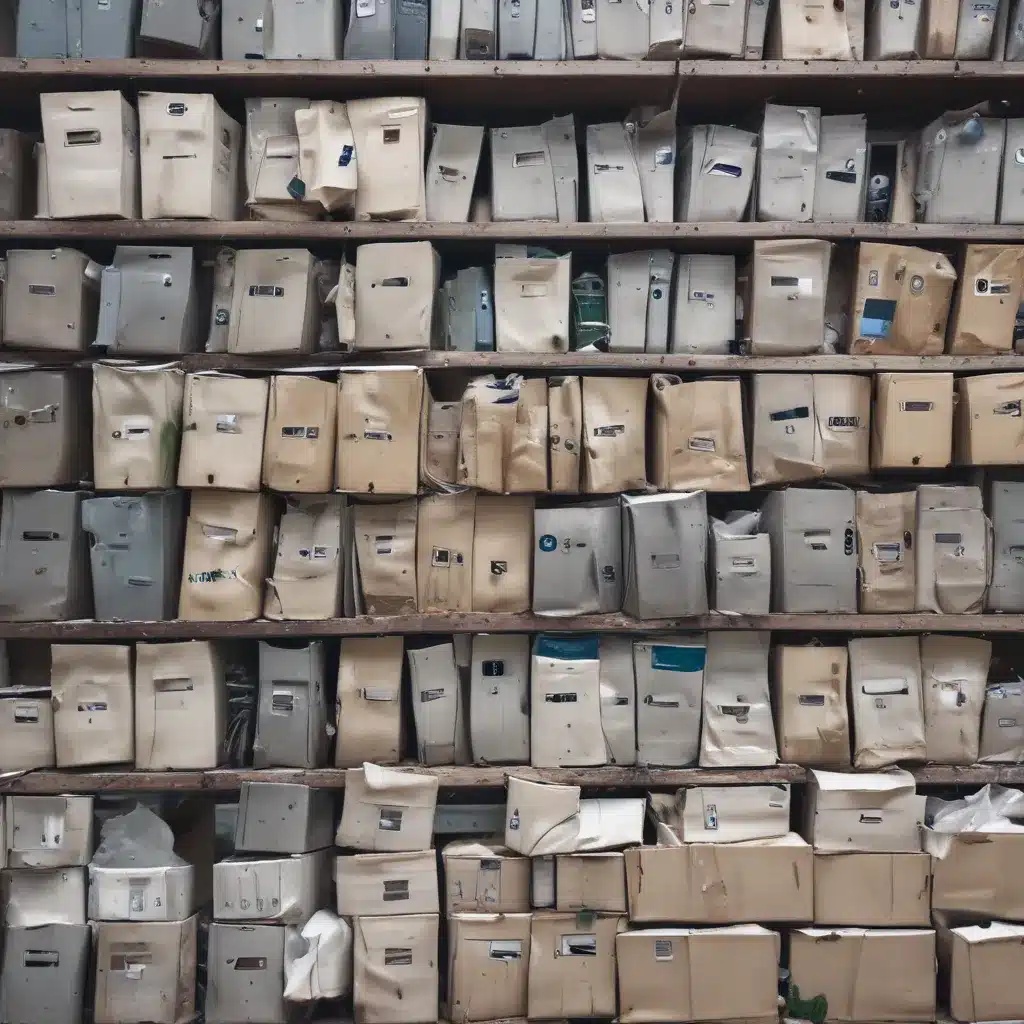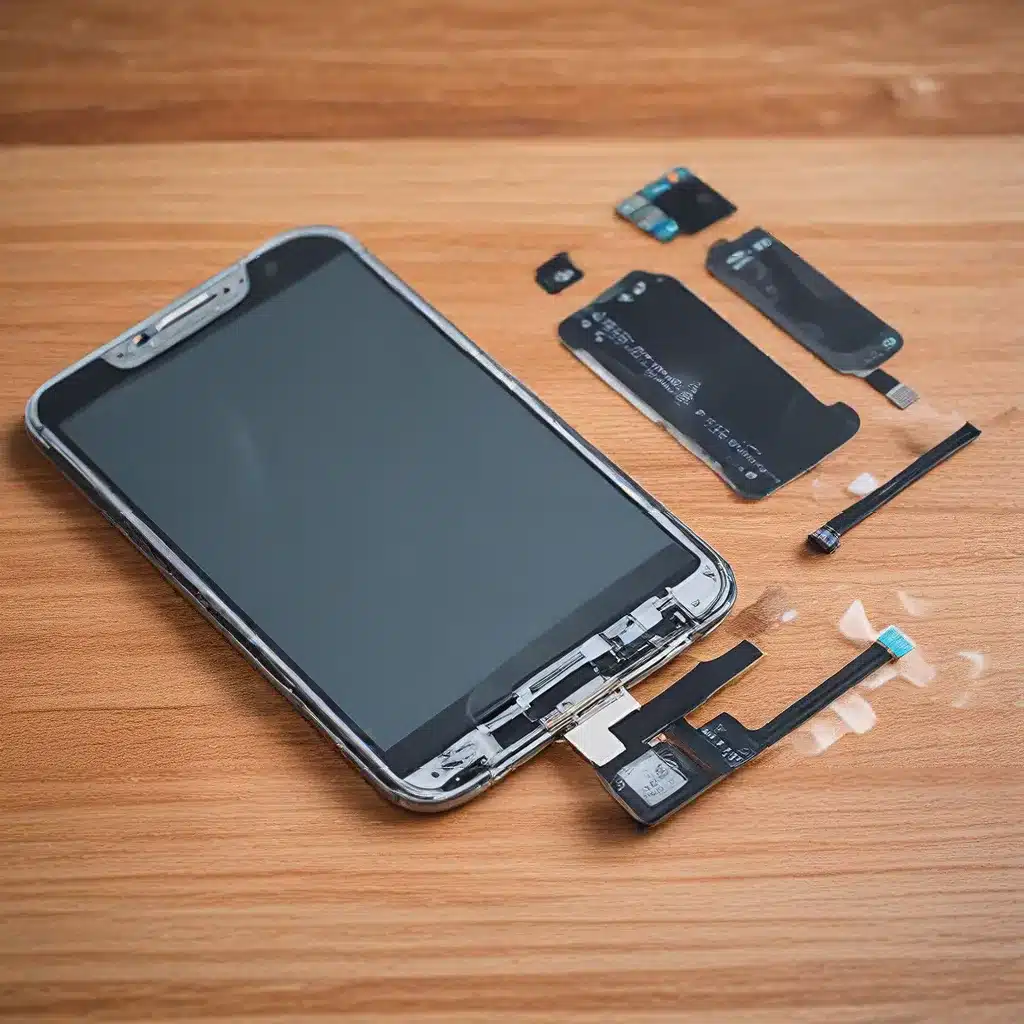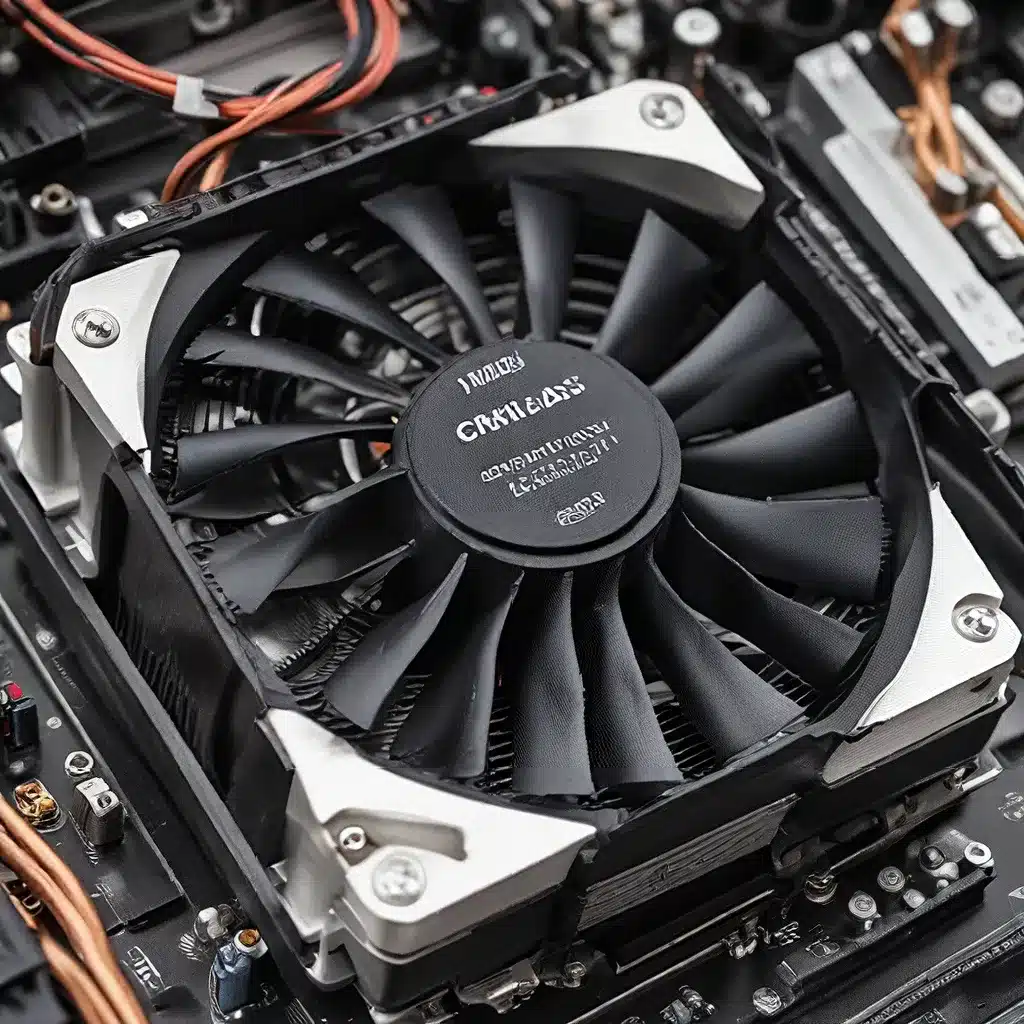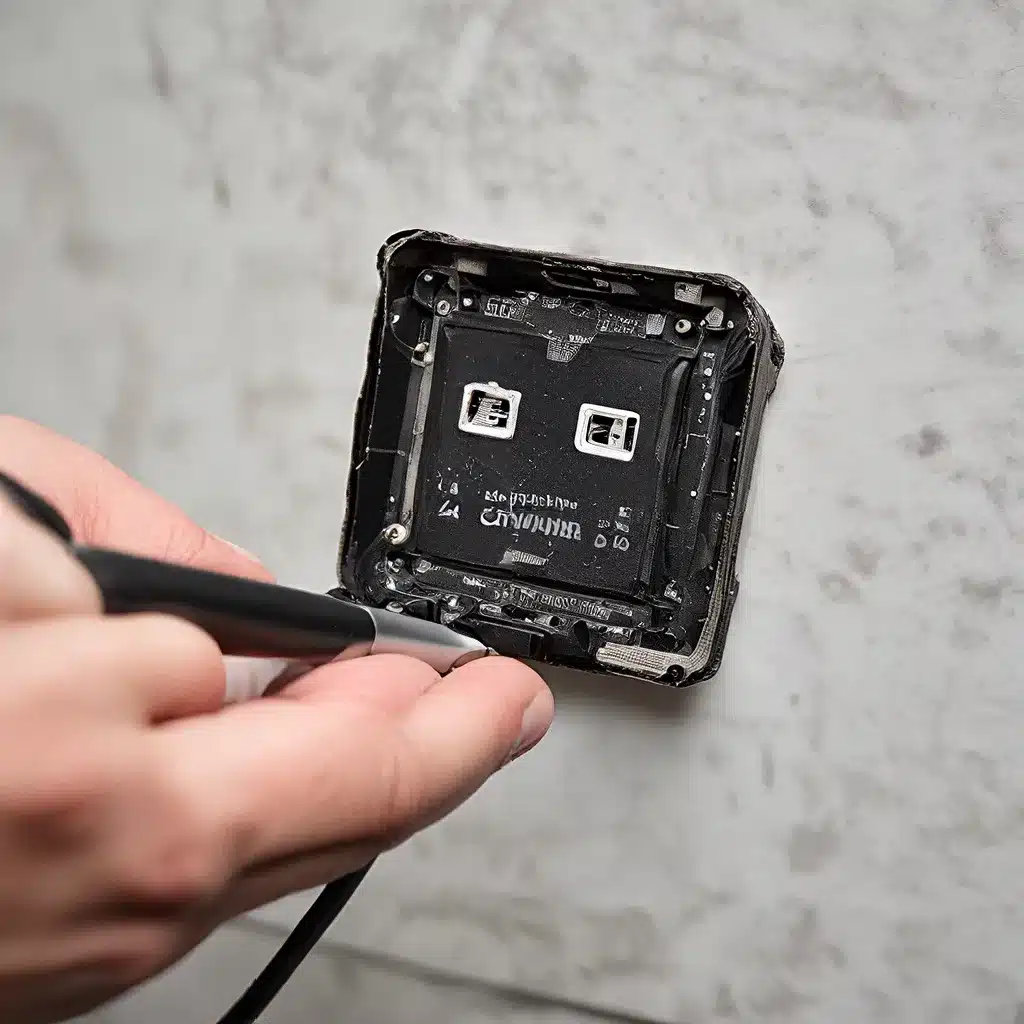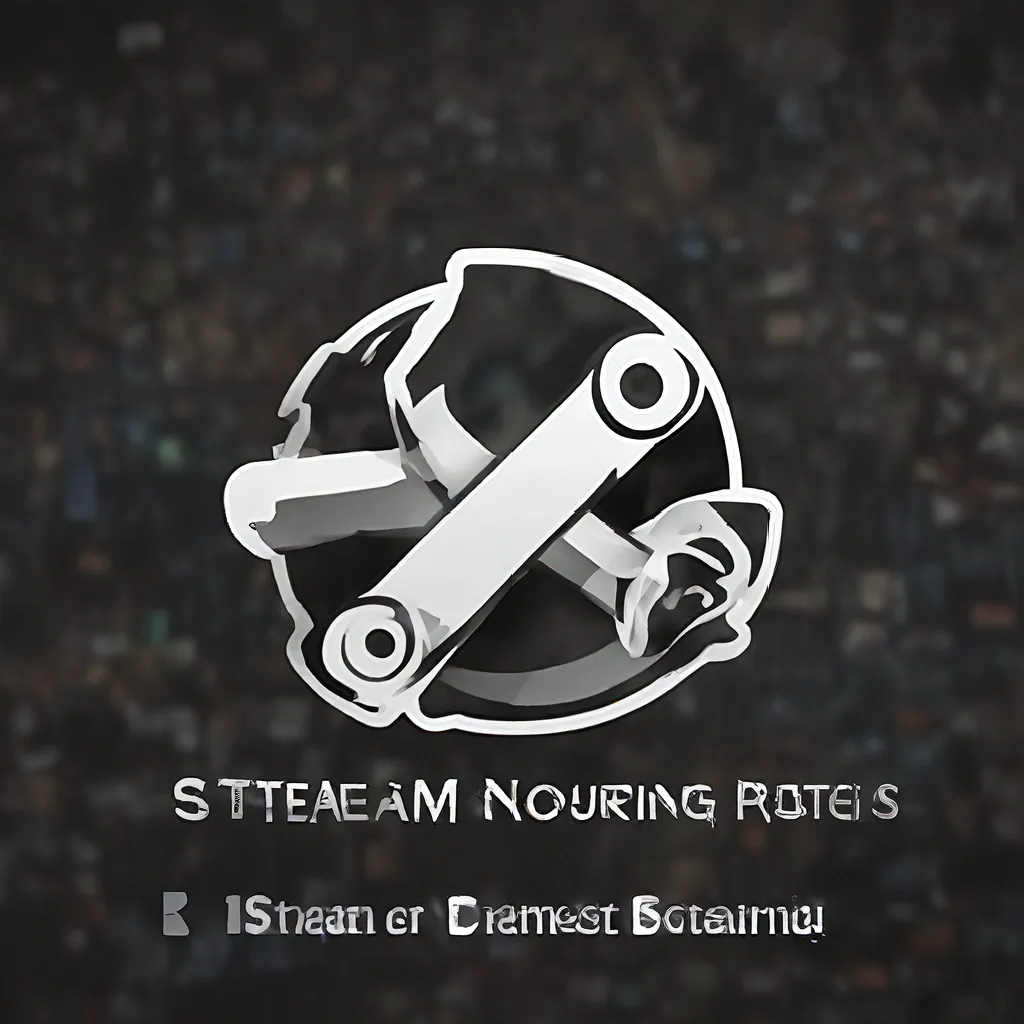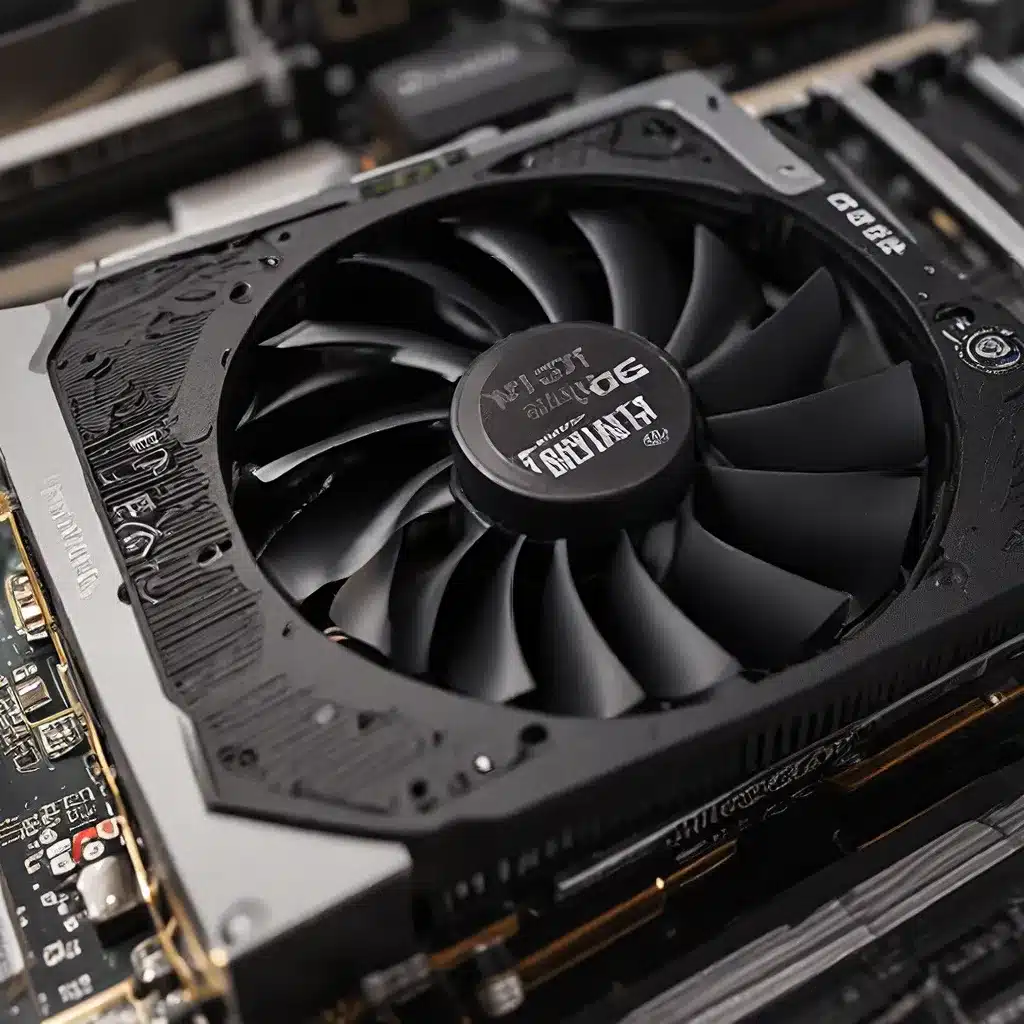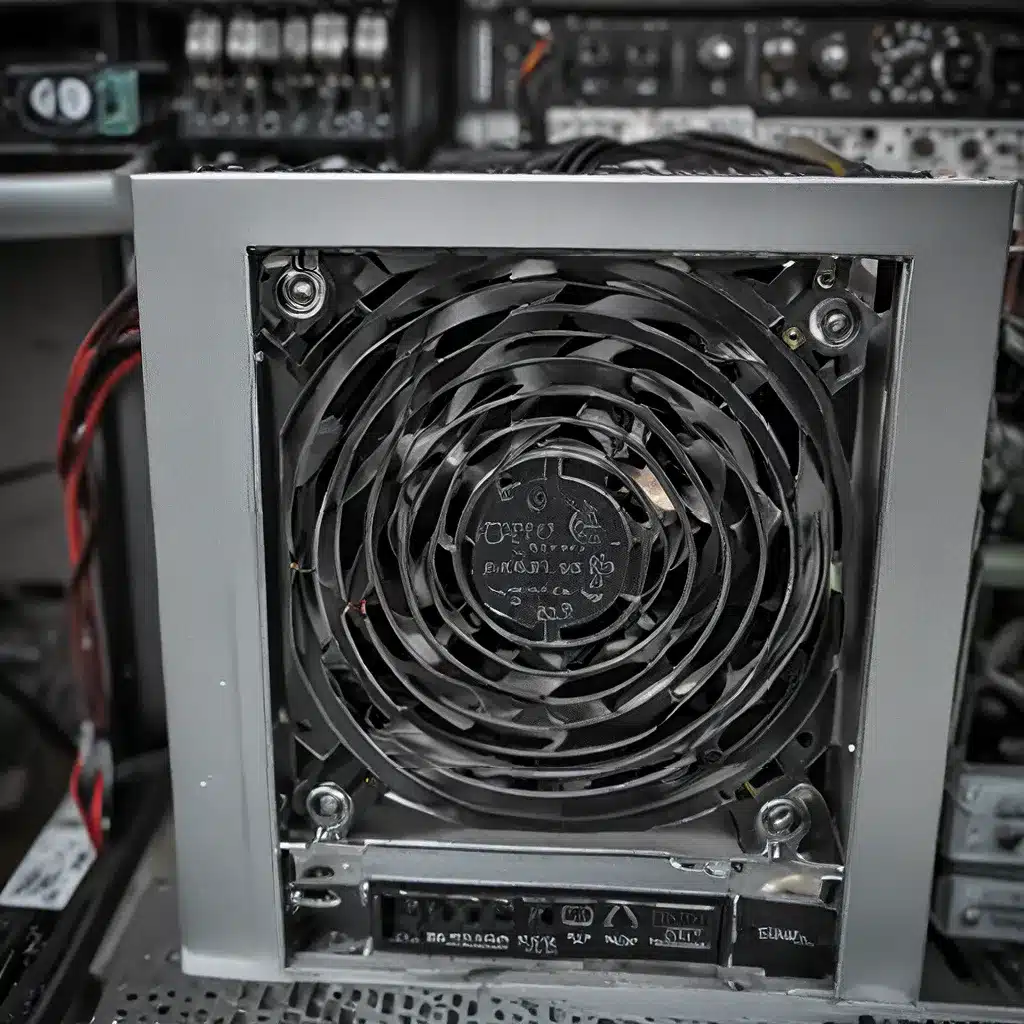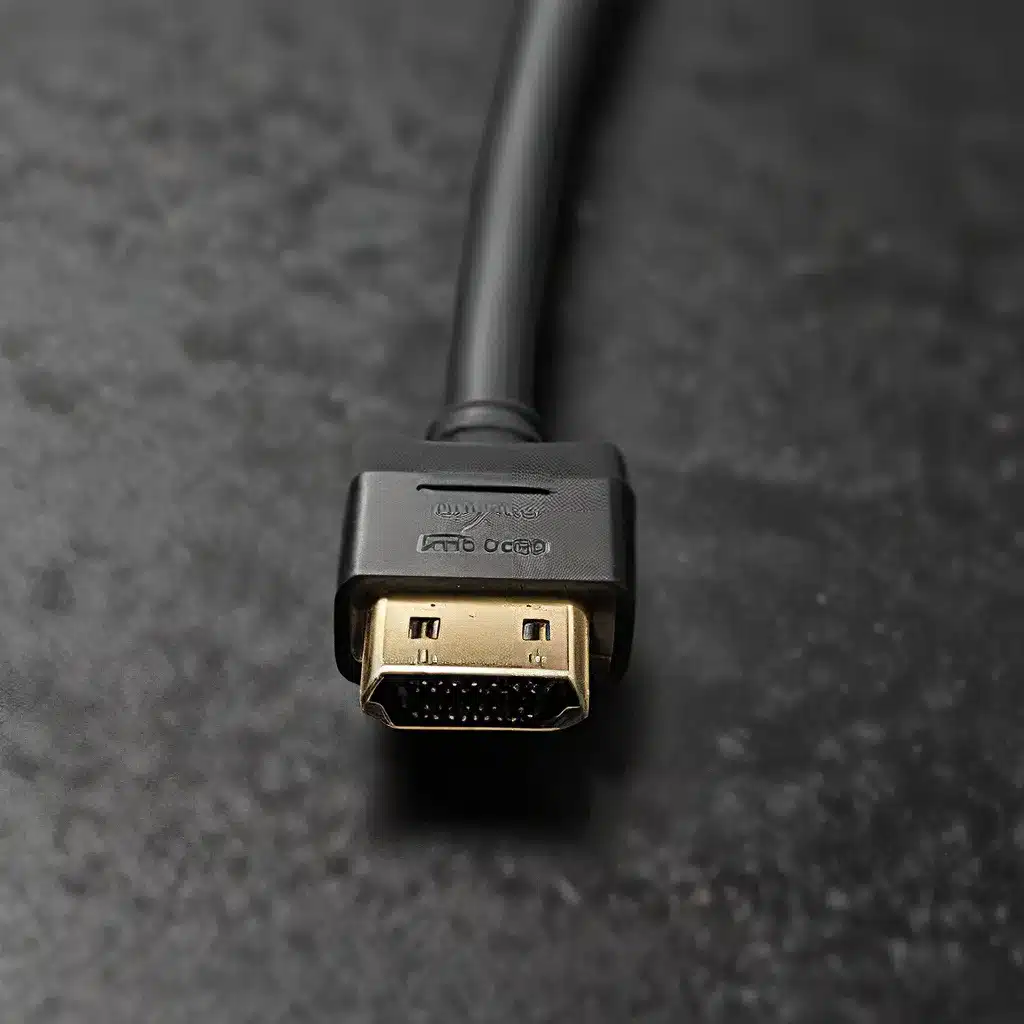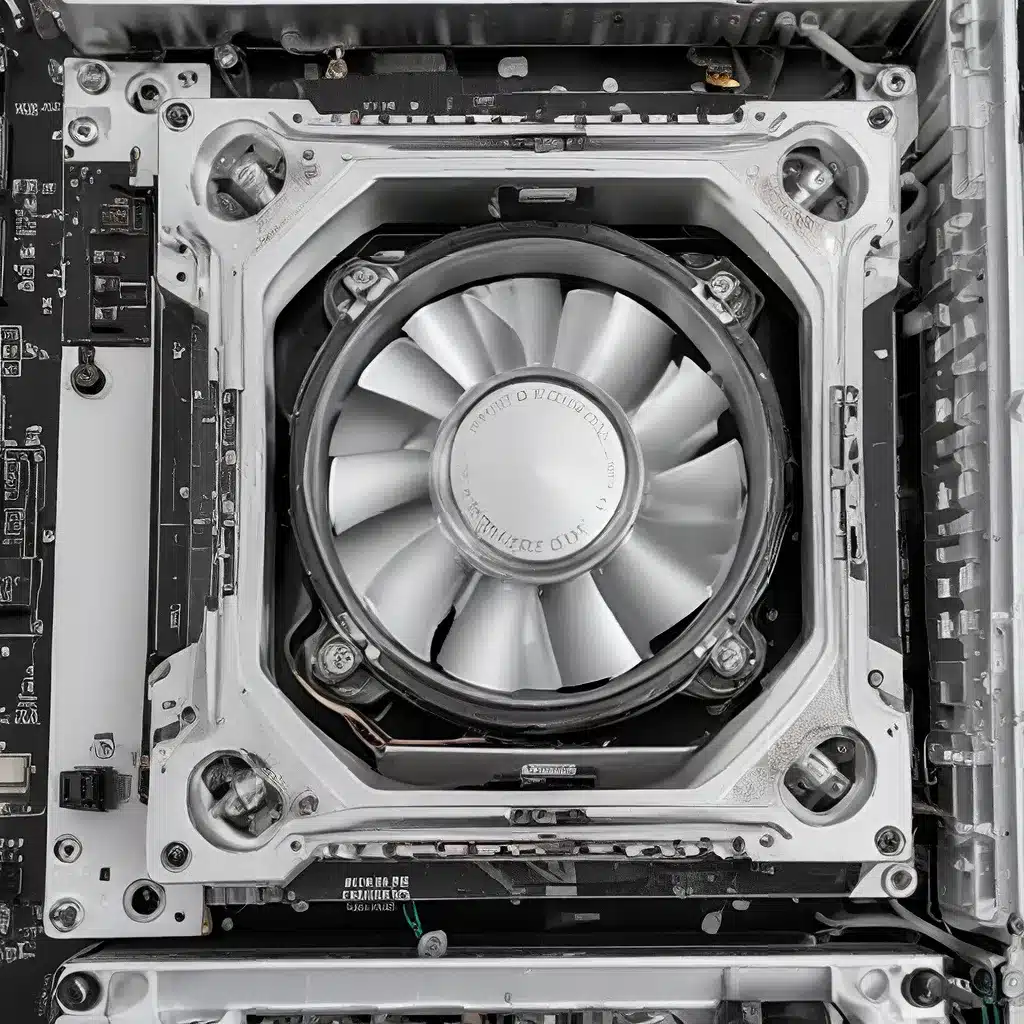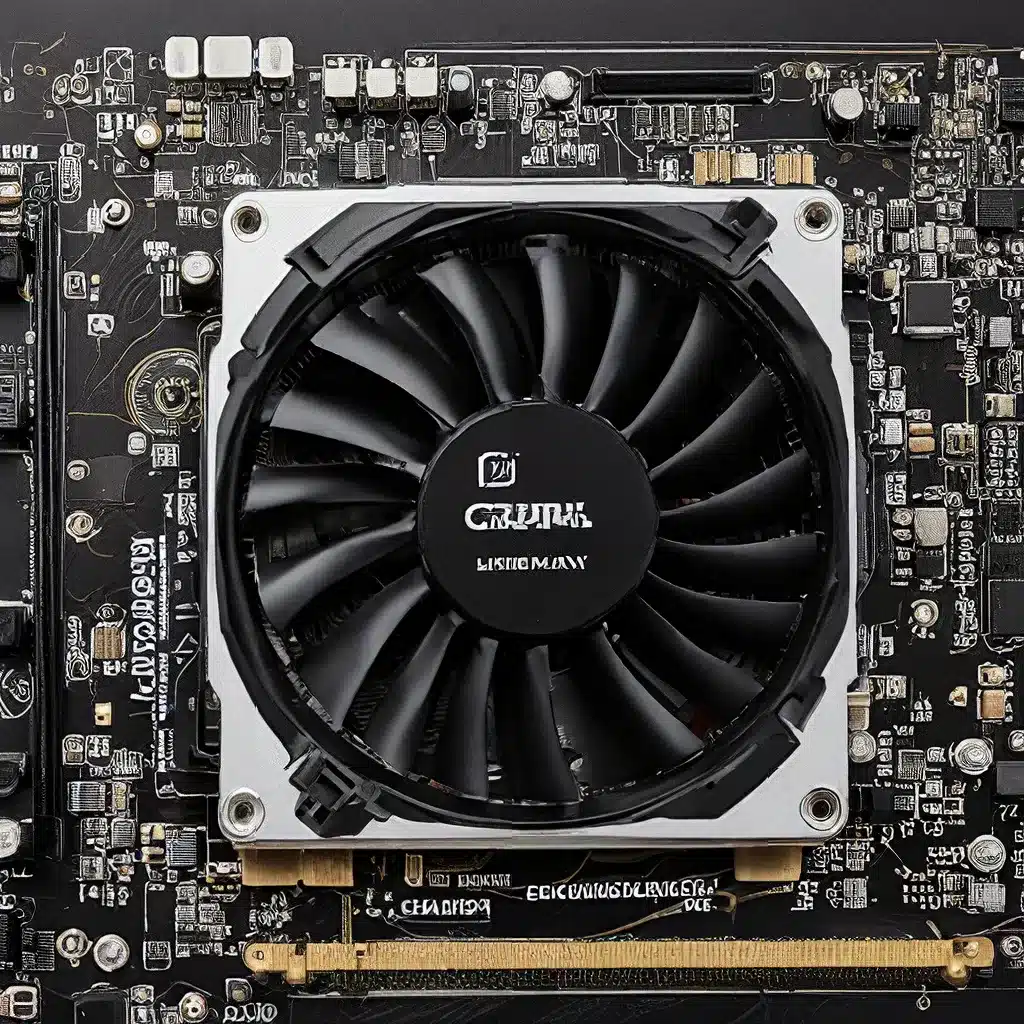Taming the Digital Chaos: A Practical Guide to Decluttering Your Computer
As someone who’s spent far too many hours trying to find that one important file buried under a mountain of digital clutter, I know the frustration of a disorganized system all too well. But fear not, my fellow computer users – I’m here to share my tried and tested strategies for keeping your system squeaky clean and running like a dream.
You see, I used to be that person who had desktop icons scattered like confetti, downloads folders overflowing with random files, and temporary folders that looked like a digital hoarder’s paradise. It was a mess, let me tell you. But then I discovered the power of a little digital spring cleaning, and let me tell you, it’s been life-changing.
The Importance of Decluttering
Now, I know what you’re thinking – “But my computer runs just fine, even with all that clutter!” Well, my friend, let me tell you, there’s more to a well-oiled machine than just raw processing power. You see, all those temporary files, system logs, and abandoned downloads can really start to take a toll on your computer’s performance over time. [1]
Imagine your computer’s hard drive as a busy city street – the more junk and debris you have piled up, the harder it is for traffic (i.e., your computer’s processes) to flow smoothly. And let’s not forget the security risks that can come with a cluttered system. Malware and viruses love to hide in those forgotten nooks and crannies, just waiting to wreak havoc on your precious data. [2]
But fear not, because with a little bit of proactive maintenance, you can keep your system running like a well-oiled machine. And let me tell you, the sense of satisfaction you’ll get from a clean, organized computer is worth its weight in gold.
Identifying and Eliminating Temporary Files
Alright, let’s dive in. One of the biggest culprits when it comes to computer clutter is the dreaded “temporary files” folder. This is where your computer stashes all sorts of transient data, from web browser cache to system logs and everything in between. [3]
Now, you might be thinking, “Well, if they’re temporary, why do I need to worry about them?” And that’s a fair question. The thing is, these files have a nasty habit of accumulating over time, taking up valuable storage space and potentially slowing down your system.
So, how do you tackle this digital scourge? Well, my friends, there are a few different approaches you can take. Some folks like to use a dedicated cleanup tool like Bleachbit or CCleaner to automate the process. [4] Personally, I prefer to take a more hands-on approach, using the good old-fashioned command prompt to ferret out those pesky files.
Simply type “temp” into the search bar and see what pops up. You’d be surprised at how much digital detritus can build up in there. And don’t forget to check your browser’s downloads folder too – that’s another notorious hotspot for clutter.
Mastering the Art of File Organization
Now, I know what you’re thinking – “But I’m not a neat freak! Why do I need to be so organized?” Well, let me tell you, a little bit of structure can go a long way when it comes to keeping your computer in tip-top shape.
Think of it this way – imagine you’re trying to find a specific book in a library with no shelves or categories. It would be a nightmare, right? The same goes for your computer’s file system. By taking the time to create a logical, intuitive folder structure, you can save yourself countless hours of frustration down the line.
One trick I’ve found particularly useful is to create a dedicated “temporary” folder, somewhere easy to access but out of the way of your main file system. [5] This becomes your digital “dumping ground” – a place to store those transient files and downloads until you’re ready to sort them out.
And speaking of sorting, here’s a handy tip: whenever you download a new file, ask yourself, “Where does this belong?” If it’s something you’ll need to access regularly, consider creating a dedicated folder for it. If it’s just a one-off file, toss it in your temporary folder and set a reminder to deal with it later.
Automating the Cleanup Process
Now, I know what you’re thinking – “This all sounds great, but who has the time to manually sort through all these files?” Trust me, I hear you. That’s why I’ve discovered the power of automation when it comes to keeping my computer clutter-free.
One of my favorite tricks is to set up scheduled cleanups using Windows’ built-in Task Scheduler. [6] This allows me to automate the process of clearing out my temporary folders, deleting old system logs, and even emptying the recycling bin on a regular basis. It’s like having a digital cleaning crew that works tirelessly in the background, keeping my system in tip-top shape.
And let’s not forget about browser settings. Did you know that most modern web browsers have the ability to automatically clear your cache and download history on a schedule? [7] It’s a game-changer, I tell you. No more digging through a jumbled mess of old files and websites – just a clean, streamlined browsing experience.
Embracing the Minimalist Mindset
Now, I know what you’re thinking – “But what if I need those files someday?” Well, my friend, that’s where the power of minimalism comes in. [8]
You see, the truth is, most of us hold on to digital clutter out of a misguided sense of “just in case” thinking. We convince ourselves that we might need that random file or forgotten download someday, when in reality, we’re just creating a messy, inefficient system.
Instead, I challenge you to adopt a more minimalist approach. Take a good, hard look at those files and folders, and ask yourself, “When was the last time I actually needed this?” If the answer is more than a few months, chances are you can safely let it go.
And let me tell you, the sense of freedom and clarity you’ll experience from a decluttered computer is truly something to behold. It’s like a weight has been lifted off your shoulders, and you can finally focus on the things that really matter.
So, my fellow computer users, I urge you – take the plunge, embrace the power of digital minimalism, and experience the joy of a clean, organized system. Your future self will thank you, I promise.
References
[1] Control Alt Backspace, “Temporary Files: Where Do They Come From and How Do You Clean Them Up?” https://controlaltbackspace.org/temp-files/
[2] Reddit, “How do you clean Pop!_OS?” https://www.reddit.com/r/pop_os/comments/kdidpp/how_do_you_clean_pop_os/
[3] Reddit, “What are good cleaning practices to keep my OS?” https://www.reddit.com/r/Windows10/comments/tuj300/what_are_good_cleaning_practices_to_keep_my_os/
[4] AskUbuntu, “Is system cleanup/optimization needed?” https://askubuntu.com/questions/81042/is-system-cleanup-optimization-needed
[5] SitePoint, “How to Organize Your Files” https://www.sitepoint.com/how-to-organize-your-files/
[6] Steinberg Forums, “Files: Where to Hide Them?” https://forums.steinberg.net/t/files-where-to-hide-them/138054
[7] SevenForums, “Windows Temporary Directory Automatic Cleanup” https://www.sevenforums.com/performance-maintenance/324191-windows-temporary-directory-automatic-cleanup.html
[8] SuperUser, “20GB of temporary files, only 50MB in temp folder” https://superuser.com/questions/1400224/20gb-of-temporary-files-only-50mb-in-temp-folder

